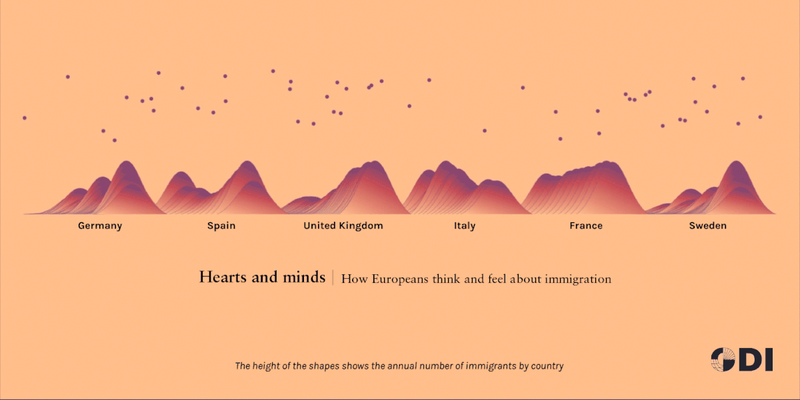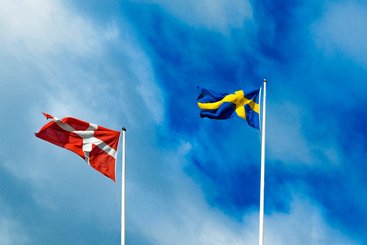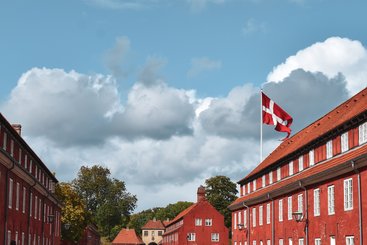This briefing presents an overview of the key features of migration and asylum policy in Sweden, recent trends in migration patterns, and public perceptions and political narratives on refugees and other migrants:
- The proportion of Sweden’s population born abroad is one of the highest in Europe. In 2020, 19.7% of Sweden’s population were born abroad, compared to the European Union (EU) average of 12.2%. The country is also home to the ninth-largest proportion of refugees per capita globally.
- Migration has been high on the political agenda in Sweden, with the traditionally low salience of immigration spiking after the increase of arrivals of Syrian refugees in 2015–2016. The issue has since declined significantly in importance.
- Attitudes towards immigration are very positive, with 63% of the population reporting in 2018 that immigrants make Sweden a better place to live. While attitudes became more negative following the increasing numbers of refugees in 2015–2016, this has once again shifted, aligning more closely with pre-2010 trends.
- Public narratives on refugees and other migrants have become more negative in the last decade, although this has focused on migrants’ perceived propensity to commit crimes and terrorist acts rather than their impact on the labour market.
- Swedes are less concerned than most other Europeans about the economic impact of migration, in part due to a long history of relatively open labour market policies.
This briefing is part of a wider project supported by the IKEA Foundation aimed at supporting public and private investors interested in engaging with migration and displacement.
This briefing is an update to the first edition, which was published in November 2019.
About the series
Through a series of activities, dialogues and innovative communication and outreach initiatives, Public and political narratives on refugees and other migrants: implications for action maps recent research and evidence on public attitudes toward refugees and other migrants.
Hearts and minds: how Europeans think and feel about immigration

Explore our data visualisation: Hearts and minds: how Europeans think and feel about immigration which builds on this ongoing research, supported by the IKEA Foundation, analysing public and political narratives and attitudes towards refugees and other migrants in Europe.
Related listening
This podcast dissects attitudes and approaches to immigration across Europe, highlighting how political narratives are often at odds with public opinion.





